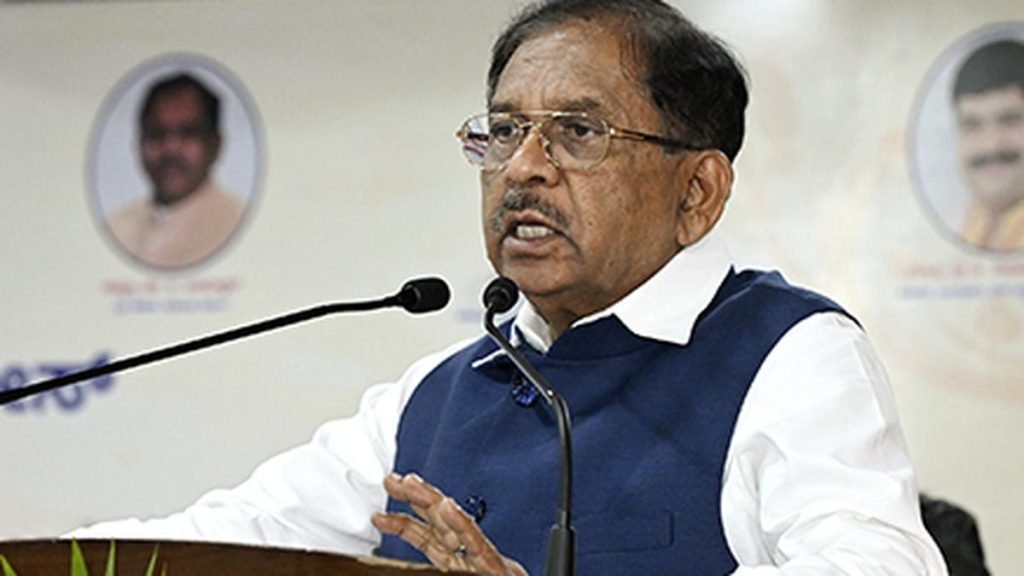Now Reading: **Prajwal Revanna Registered as Prisoner No. 15528**
-
01
**Prajwal Revanna Registered as Prisoner No. 15528**
**Prajwal Revanna Registered as Prisoner No. 15528**

Quick Summary
- Prajwal Revanna,a former MP,was convicted and sentenced in a rape case by the Special Court of Sessions for criminal cases against MPs and MLAs.
- He has been transferred to the convicts’ section of Parappana Agrahara Central Prison Complex.
- Upon transfer, Revanna received a prison uniform with inmate number 15528 and is required to wear it henceforth.
- Initially housed in high-security as an undertrial, he could wear civil clothing before his conviction.
- As part of prison labor rules, Revanna must work for eight hours daily and can choose tasks such as bakery work, carpentry, gardening, animal husbandry or crafts.
- He will be paid ₹524 per day in his first year as an unskilled laborer; wages increase over time as proficiency grows.
Indian Opinion Analysis
The conviction and sentencing of Prajwal Revanna highlight the judiciary’s continued scrutiny on legal offenses involving public representatives amidst growing calls for accountability for those occupying positions of power. His transition from high-security undertrial status to serving his sentance as an ordinary prisoner underscores equitable treatment within the judicial system irrespective of social standing or prior political involvement.
The enforcement of prison labor rules further reflects adherence to rehabilitation-focused policies within India’s penal code framework-a longstanding practice aimed at fostering purposeful engagement among inmates while ensuring fair remuneration linked to skill growth over time.
Given Revanna’s prior status and media attention around legal cases involving MPs/MLAs, this judicial outcome may encourage broader public discourse on personal accountability among elected officials in positions that demand trustworthiness from their constituents.

























